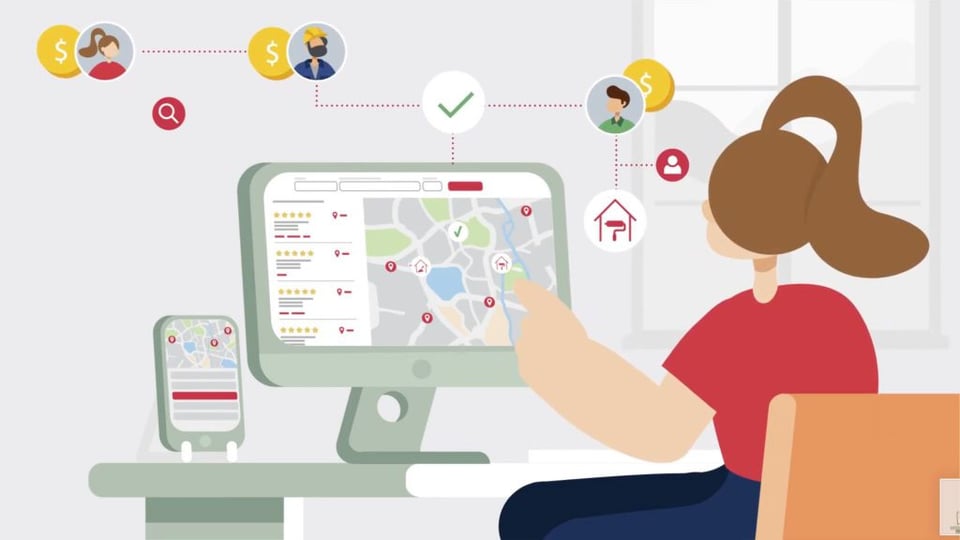It is becoming more important to optimize for Local Search, as over 20% of Google traffic now comes from Local Search. Here are 5 important local search tactics to consider after you claim and populate your Google Plus page:
1. Keep your citations up to date and consistent.
Citations or websites that refer to your website and business information are used by Google to confirm that your business is legitimate. By keeping your address and other information consistent across all citations, you will send a strong signal to Google that your business is valid. If the data is varied, Google may perceive the variations at multiple businesses, or as invalid information, which will weaken your standings.
2. Get lots of citations
The more the merrier. Sites like yelp, superpages, localeze, citysearch are a good start. These sites feed other directories.
Citations are not limited to directories. They can come from blogs and other sources. In the case of manufacturers or other companies who sell through an independent dealer network, a web store locator with location listings on the manufacturer’s site would count as a citation for their independent dealers. It’s important to keep the data up date not only for the locator, but to retain the value of the citation as well.
3. Get customers to review your business’s Google Plus page
Ask recent satisfied customers to review your business on your Google Plus page. Positive reviews on your Google plus page gives Google more reason to rank your business higher in the local results. Don’t solicit old customers in mass quantities for reviews. Ask customers to review right after making a sale or after providing good service to them. Build it gradually, or you may become suspect.
4. Get location relevant sites to link to you
If you can get location relevant sites to link to you, this will help further solidify your location to Google and boost your ranking. Sites that have have your city/state in the url are particularly effective. For instance, if your city/town has a municipal website and it has the city or state in the url, this is the best. They may list businesses and can be approached for listing your site.
5. Make sure that your web content represents your locality appropriately
There are a few ways to do this. Make sure your address in in the footer of your website. If you can, include your locality in paragraph headers on your site (don’t overdo it, it shouldn’t be burdensome to read) and in the text content. Also, include your regular phone number (not just 1-800 number) on your site since the 800 number is not tied to location. Make sure the content is consistent with the content in your Google Plus page.




